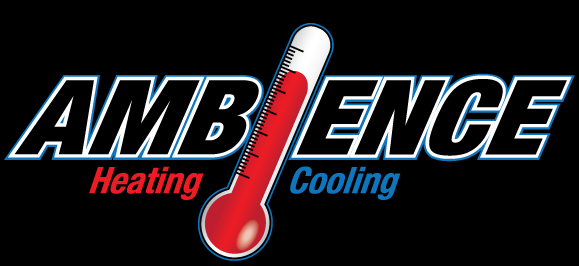Completing the search for your first home is exciting. You’re probably trying to keep track of numerous details about making the right choice. We believe that understanding your potential new HVAC system is vital. The property’s HVAC system represents a significant investment and source of potential long-term costs, so being thorough should be a top priority for first-time homebuyers.
In the following guide, we’ll share seven tips for discovering all there is to know about a home’s heating and cooling setup. And if you want a more in-depth opinion from the experts, feel free to call Ambience HVAC, Inc.. Our seasoned technicians can weigh in on your options with industry insights that are second to none.
1. What HVAC System Are You Working With?
Start by determining what type of HVAC system the home has. Furnaces tend to last longer compared to air conditioners, and newer types of HVAC systems like heat pumps feature average life spans that are even longer. Tracking down the make and specific model ensures you have a much better sense of how much maintenance it will require.
2. What Is the Current System’s Age?
It’s just as smart to learn how old the HVAC system is when you’re considering a potential new home. For the most part, HVAC systems should survive for around 10-12 years. Learning its approximate installation date helps you anticipate future maintenance needs or when it might shut down for good. Older systems may be more vulnerable to problems, so planning ahead of time for a replacement unit could be necessary sooner than you thought.
3. Does the System Have a Warranty?
Be sure to check the HVAC system is still under warranty. If it is, that’s great news because it can lower maintenance expenses. HVAC warranties often cover parts and labor, but the details in each policy will vary. Don’t forget to look into any terms you don’t recognize to make sure you fully understand your coverage and any possible out-of-pocket costs.
4. Has the System Ever Been Professionally Serviced or Maintained?
Next, examine the maintenance history of the HVAC system, if such information is accessible. This kind of information can reveal if the system constantly broke down or how much upkeep was provided. You should at least try to track down a history of key tasks such as changing the air filter, which is a positive sign indicating regularly scheduled tune-ups.
5. Do You Know Its Energy Efficiency Ratings?
Purchasing a home with a heating and cooling system with great energy efficiency isn’t just smart; it leads to lower utility bills and a smaller environmental impact. Look for the seasonal energy efficiency ratio (SEER) ratings for air conditioning along with the annual fuel utilization efficiency (AFUE) for furnaces. High SEER ratings mean more efficient cooling throughout the season, while strong AFUE ratings illustrate that the fuel is more effectively burned for useable heat.
6. Have You Noticed Signs of Problems After Completing an Informal Inspection?
Even if you don’t have the know-how of an HVAC technician, you can still take a moment to check out the HVAC system on your own. Watch closely for potential issues that weren’t mentioned by the seller or real estate agent. This includes strange noises, unequal airflow and attempts to hide any visible damage.
7. Is an Experienced HVAC Technician Available to Help?
If you’re still hesitant to make an offer because of the overall state of the HVAC system, it’s beneficial to get a professional opinion from certified HVAC technicians. They will be much more likely to catch things you may not know about, like leaking coolant, bad electrical connections or damaged ductwork.
A Chat with Ambience HVAC, Inc. Helps Take the Stress Out of Your Home-Buying Journey
Finding your first home ought to be exciting, and Ambience HVAC, Inc. will do everything possible to ensure that doesn’t change. Reach out with us at 302-239-HVAC (4822). We can discuss how our HVAC services ease your mind, giving you what you need to step into your new home with confidence.
